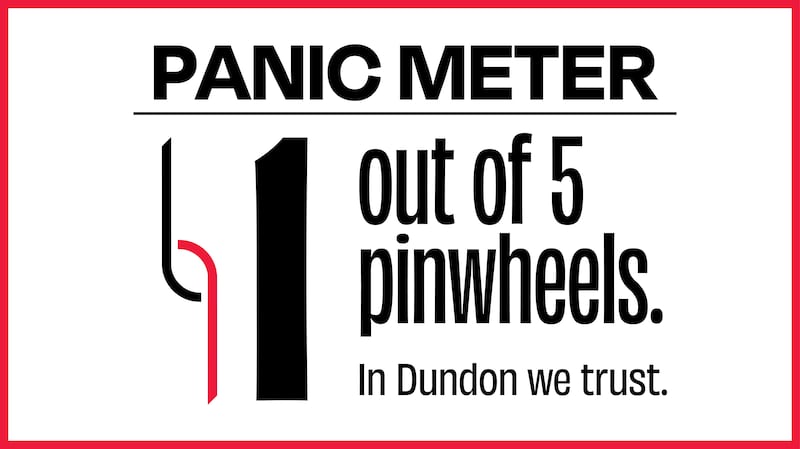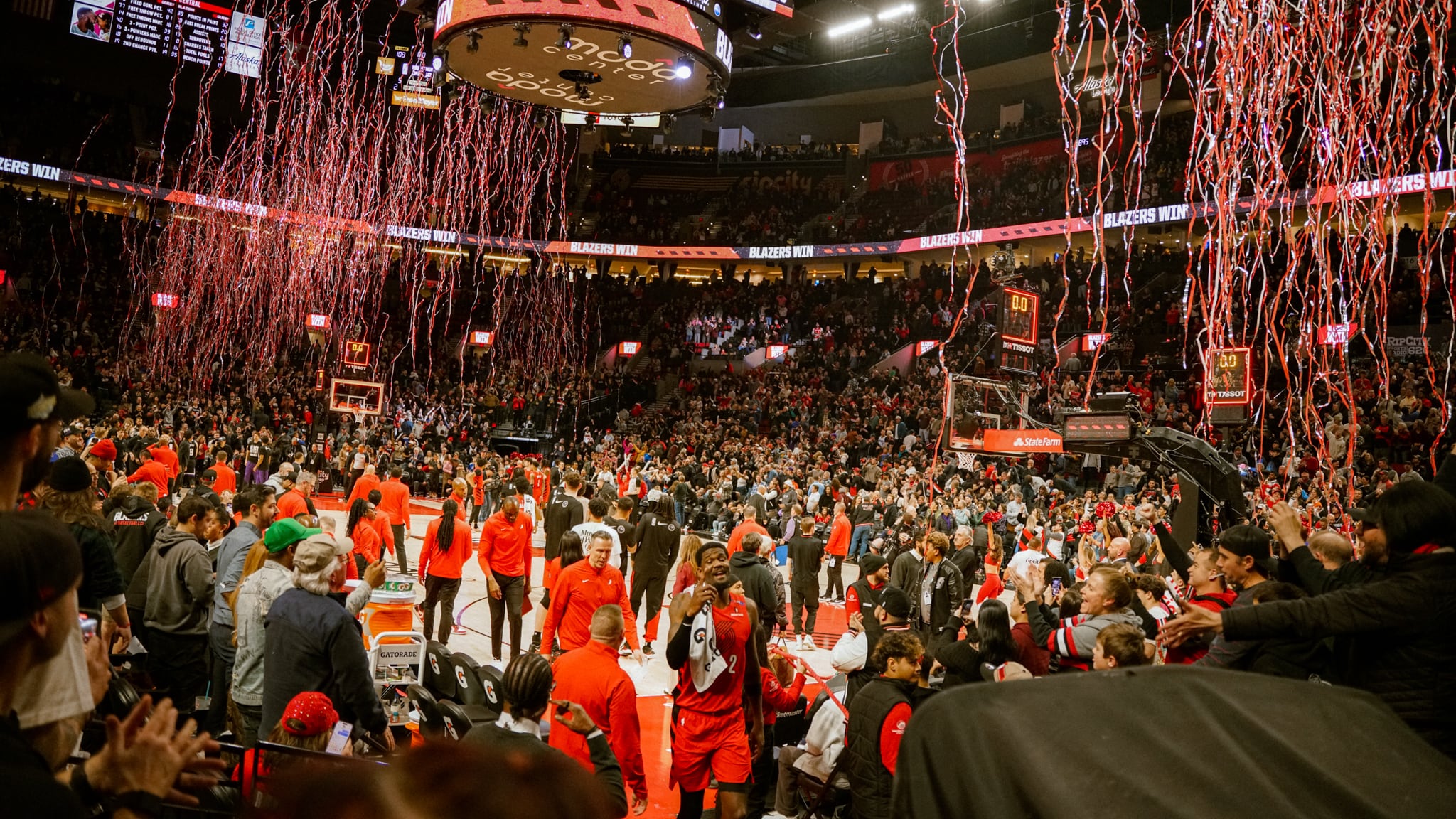The Portland Trail Blazers’ summer of making national headlines has been wrapped up with a bow, with reports emerging Wednesday morning that the estate of Paul Allen has agreed to sell the team for more than $4 billion to a group led by Dallas billionaire Tom Dundon, who also owns the NHL’s Carolina Hurricanes.
A source close to the matter confirmed to WW this morning they’d received word of the sale, after the news was first reported by the business journal Sportico, which lists the sale price as $4.25 billion.
Neither the Allen estate nor the Blazers organization has confirmed a sale.
The team, being sold for the first time in 37 years, has never had owners from outside the Pacific Northwest. With Phil Knight announcing that he wouldn’t buy the team the day after it went up for sale—and Oregon otherwise short on billionaires—it was a fait accompli that a buyer would hail from outside the state.
But it’s noteworthy that the reported ownership group features an Oregonian. Sheel Tyle, a rising star in the private equity world who had a TED Talk as a teenager, lives in Portland; his wife, Sejal Hathi, is the director of the Oregon Health Authority.
That’s a promising sign for the city’s prospects of keeping the team long term. The fear as soon as Allen’s estate put the team on the block in May was that an outsider would buy the team and move them to another city, á la Seattle and the SuperSonics in 2008.
National outlets first reporting the story this morning led with Dundon’s intentions to keep the team in Portland. U.S. Sen. Ron Wyden, the most highly placed Blazers booster, expressed optimism on that front. “Very encouraging news,” he posted on X, “that the Trail Blazers appear set to stay right where they always have belonged—and will belong: right here in Rip City.”
The practical future of the team, however, still hinges on a negotiation over who will pay for a renovation or replacement of Moda Center, which NBA Commissioner Adam Silver has indicated is a condition for keeping the team in Portland. That’s a delicate negotiation, given that last year the city bought the arena for $1 (and the Rose Quarter land below for $7 million), removing most practical barriers to Dundon’s ownership group moving the team to another site—in the Portland region or elsewhere.
Related
That concern led to the formation of an advocacy group called Rip City Forever, spearheaded by former Trail Blazer-turned-political candidate Chris Dudley and sports executive Marshall Glickman, the son of the team’s founder. They launched a pressure campaign last month to urge public officials to be proactive in keeping the team in Portland. Practically speaking, that means coming up with public arena financing in the $500 million range, a difficult sell to voters.
“Public expressions intending to keep the Blazers in Portland are just the first step,” Rip City Forever said in a statement. “Once a sale agreement is finalized, we’re ready to help put words into action.”
Gov. Tina Kotek and Mayor Keith Wilson pledged in July to work on a private-public partnership to upgrade or replace the arena. Now we know who they’ll be negotiating with.
Dundon has owned the NHL’s Carolina Hurricanes since 2018. In addition to not abandoning Raleigh—a market similar in size to Portland—his ownership has seen the team become a consistent winner after missing the playoffs for nine straight seasons. (The Trail Blazers haven’t made the playoffs since 2021, though they appear poised to be competitive next season.)
Dundon, by the standards of the hyperwealthy, is a small-time player. His fortune was recently estimated at $1.1 billion. (Like Tyle and the group’s third member, Marc Zahr, Dundon’s background is in private equity.)
But under NBA bylaws. Dundon will have sole authority at the negotiating table with government officials as the team’s majority owner.
Now, the conversation will turn to the team’s arena. But that is a worry for another day. Today, all is well in Rip City. Damian Lillard has come home, the Yang Hansen adventure has only just begun, and the team appears ascendant.
Portland, generally speaking, now finds itself optimistic about the future of the Blazers, on and off the court. It’s been a while.



